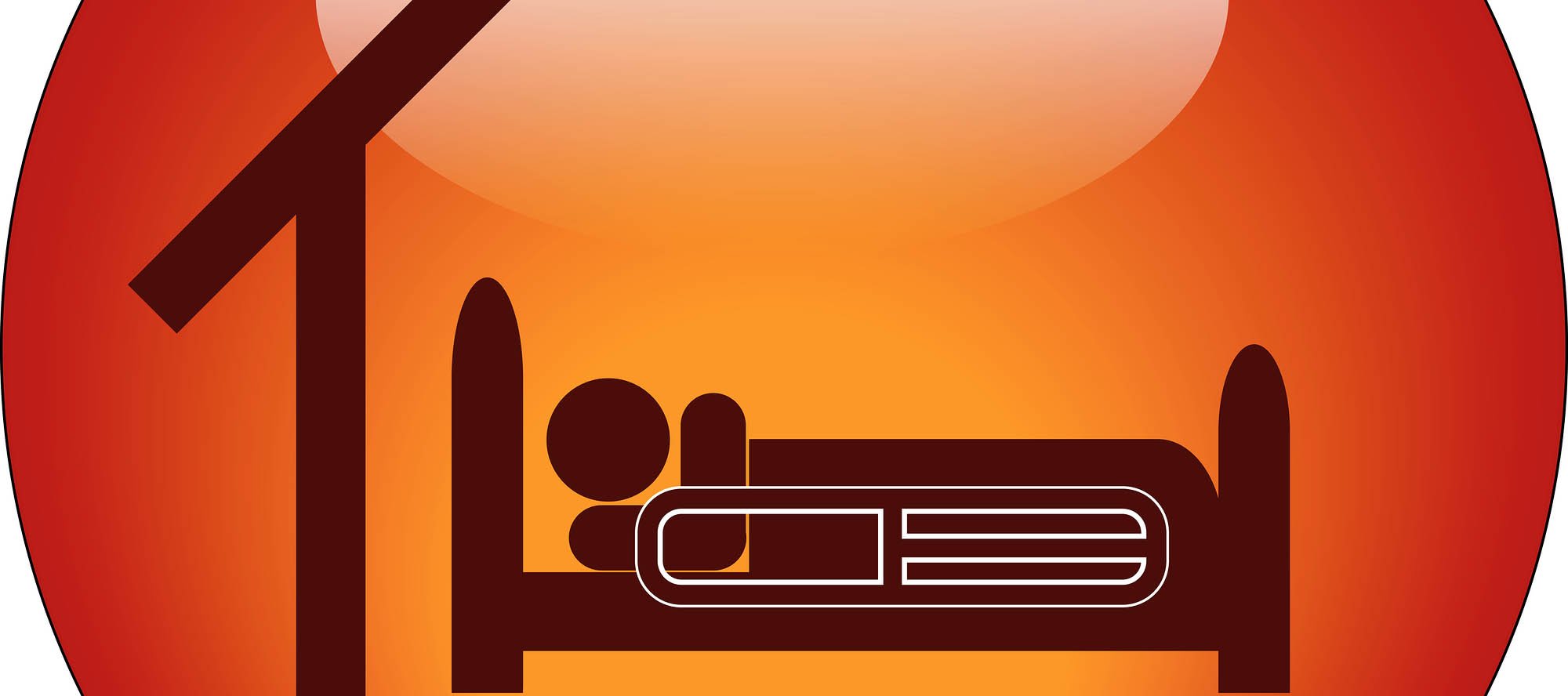
icon for a person lying in hospital bed with roof
The former IMO President says comments on bed numbers in our recent report on a Neurological Alliance of Ireland meeting do not reflect the health service’s capacity deficit
I have to admit to being more than a little irritated on reading some of the things that were said at the Neurological Alliance of Ireland meeting entitled ‘Delivering the vision of Sláintecare through neurological care services’ (reported in the Medical Independent, 20 February). The title of the article – ‘We don’t need more beds, we need to better use those we have’ – is the same argument that has impacted so negatively on the health service in Ireland for nearly 30 years. It is particularly concerning that doctors in positions to influence policy are making unsubstantiated remarks concerning capacity issues in our health service.
1978 saw the first person in Ireland who had to spend an entire night in the emergency department of the Meath Hospital because there was no hospital ward bed available in a timely manner to provide for their care. Before the current crisis, between 300 and 500 patients spend the night every night in Ireland’s emergency departments because of the lack of capacity in the acute hospital system. Tens of thousands of patients are awaiting procedures and hundreds of thousands are on waiting lists for an outpatient assessment.
People who make the argument that we need to use the beds we have more efficiently seem to suggest that this is all that is required. Some go on to say we don’t need more beds. They are manifestly wrong. We now provide more day-case care than ever before in Ireland, we provide more outpatient care, we provide more surgery on day of admission, we provide more outpatient investigations than ever before. Length of hospital admission has reduced nationally. All of these are features of “using the beds we have more efficiently”. Despite all of this we have longer waiting lists and greater hospital overcrowding manifesting in our emergency departments and on our wards than ever before. The reason is that we are doing all of this with a hospital bed base that has contracted over time. We have fewer beds now than we did in the 1970s despite a larger and aging population and an expansion in the services we can offer and patients expect.
To suggest that “trolley counts are not a good measure of the quality of services we provide for our patients” suggests to me a worrying level of detachment with respect to the suffering that being one of the patients on said trolleys experiences. Just to be absolutely clear, the trolley numbers are a metric of shame for this country. The number of patients on trolleys nationally is an indication of our failure as a society to provide timely hospitalisation for those requiring it. The patients on trolleys are those that have been seen by the emergency medicine team and referred for admission to the on-call team and have been deemed to require hospitalisation, ie, the sickest people seen in the emergency department that day. Frequently these are the older frail patients who have complex care needs or the younger person with a life or potentially life-threatening diagnosis. What is absolutely clear is that having a prolonged wait on a trolley for a ward bed is not helpful and is associated with increased morbidity and mortality. Trolleys are designed to provide for the rapid assessment of patients and their rapid transport to investigations or wards. Having your ongoing care provided on a trolley for hours and days is upsetting, uncomfortable, frightening, and undignified.
The Department of Health commissioned a review of our acute hospital capacity and our acute hospital bed number needs going forward. That capacity review has noted a need for a minimum of an additional 2,690 beds in the next 10 years if all of our health policy initiatives reap their maximum benefit. The Economic and Social Research Institute has noted that this minimum requirement may have very significantly underestimated our need for increased capacity. The acute bed requirement is likely to be closer to 5,000 additional beds as our population ages. There is clearly an immediate need to address our acute hospital bed numbers as evidenced by hospital crowding.
Those of us in specialties that have our working lives impacted by crowding on a daily basis and who see and share the suffering of patients affected by the delays created by inadequate capacity have been at the forefront in the call for increased bed numbers. We are angered on behalf of all patients who have their care compromised by the inadequate number of hospital beds in Ireland. The need to use our acute beds efficiently is clear, but the need for investment in acute hospital capacity and in increased bed numbers is clearer still. The community services, of course, need resourcing to manage those in the community who can be treated there. The requirement for nursing home facilities, convalescent care, rehabilitative beds, step-down facilities, and increased home care are also clear. In an acute hospital system that is so under-resourced from a bed number perspective, it makes no sense that 15-to-20 per cent of those beds are occupied by patients who could receive their ongoing needs in a more appropriate setting.
Sláintecare seeks to deliver care on the basis of clinical need, it further seeks to address access issues. On a daily basis I see the impact of inadequate bed numbers on both the safe delivery of clinical care and access to that care. Without adequate bed numbers to provide for timely hospital care those patients requiring such care will continue to receive compromised and delayed care.
Let there be no further delay in delivering the increased bed numbers our patients need.





Leave a Reply
You must be logged in to post a comment.